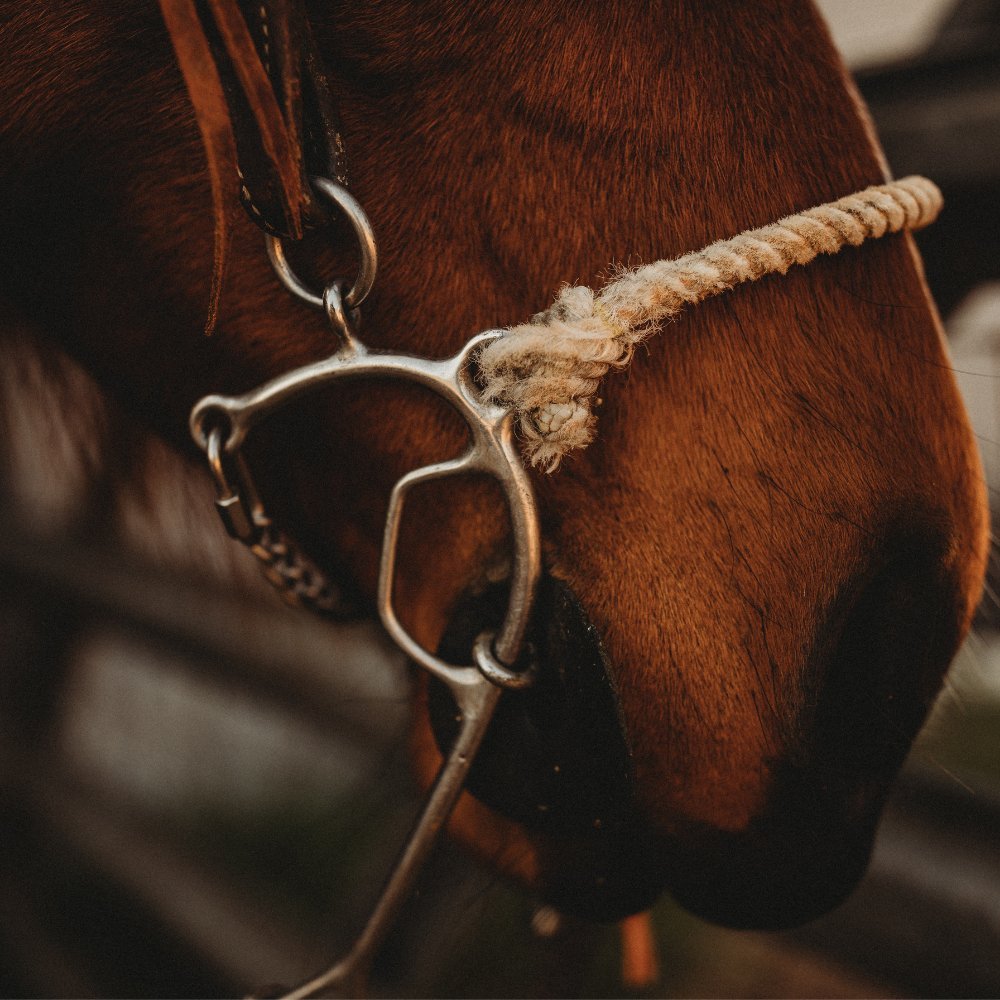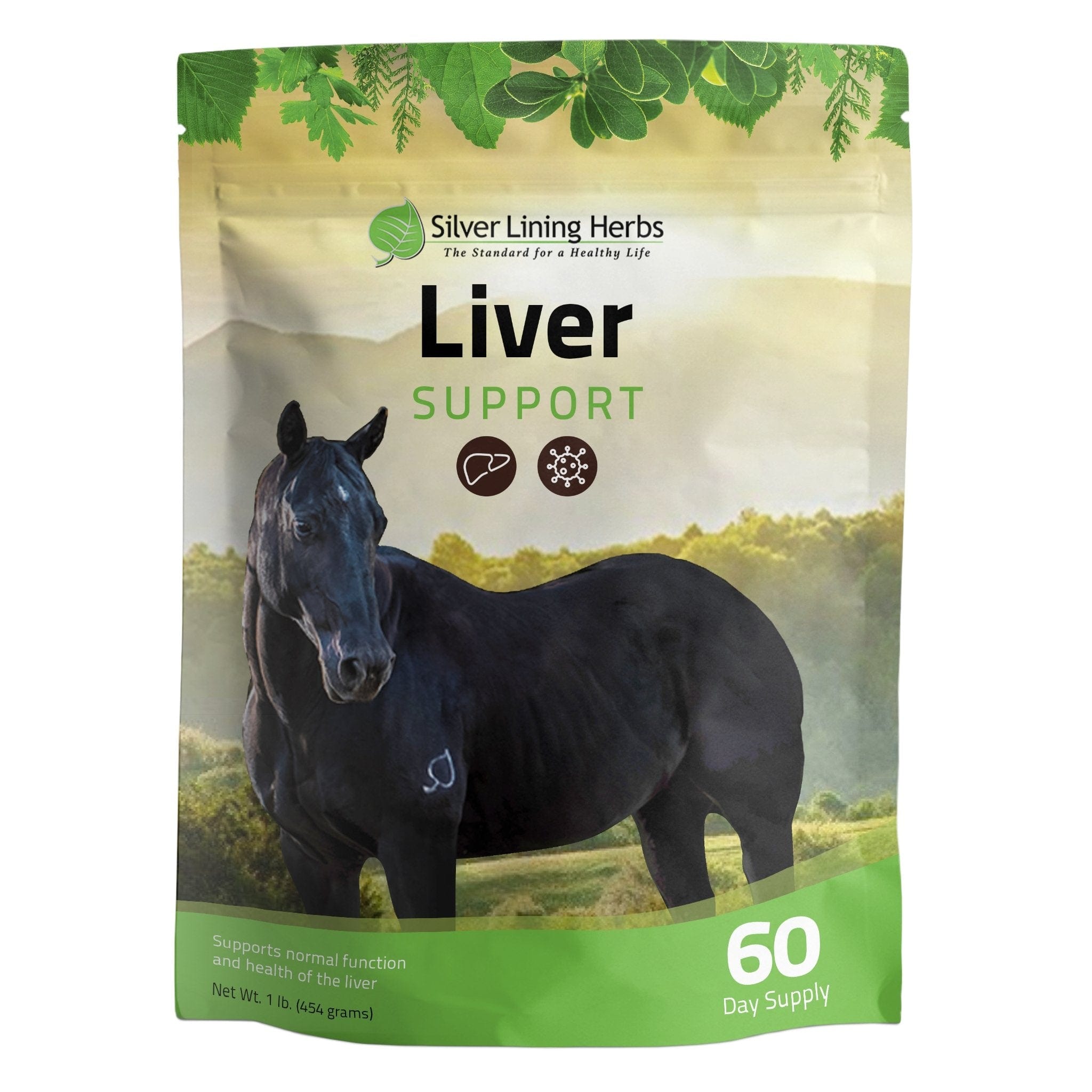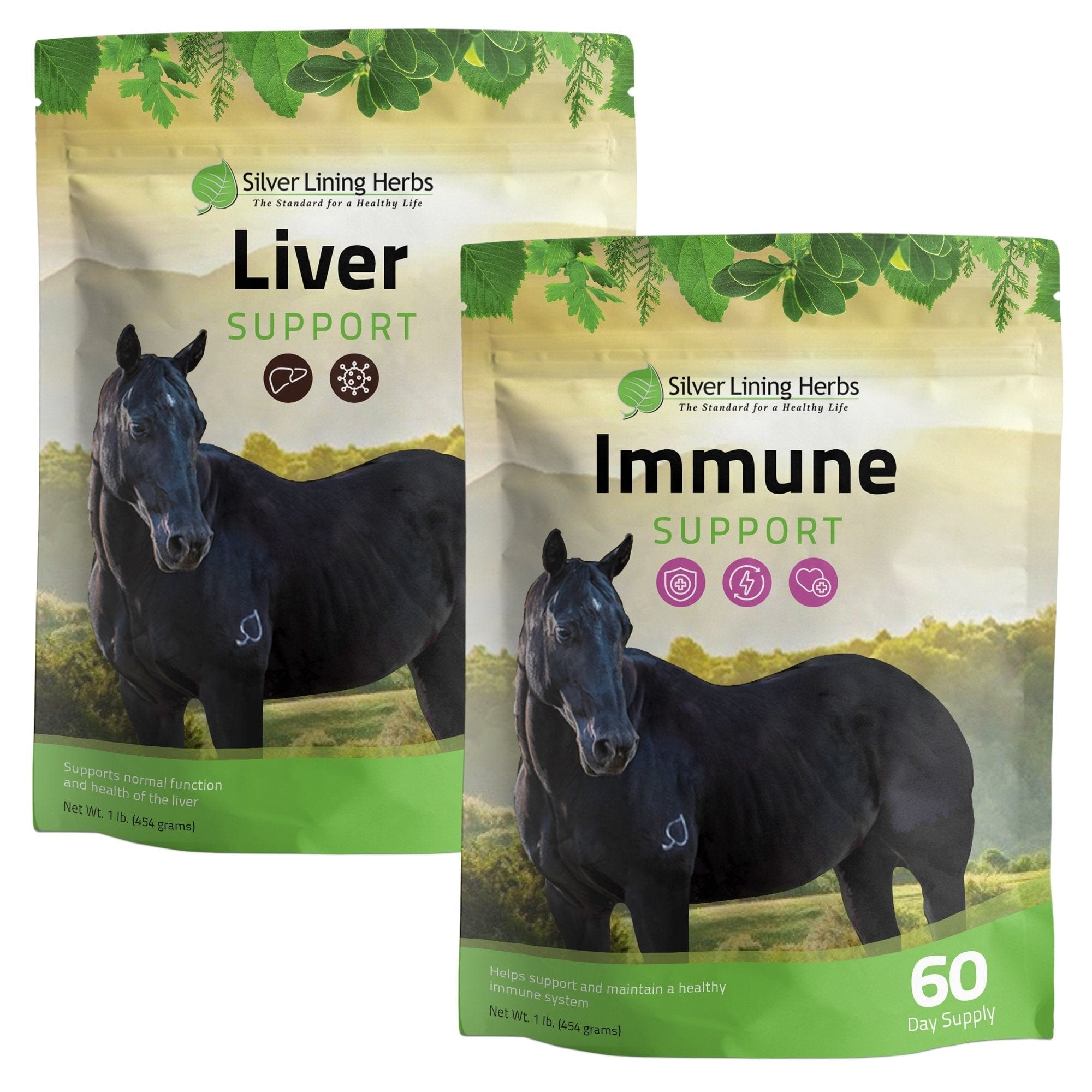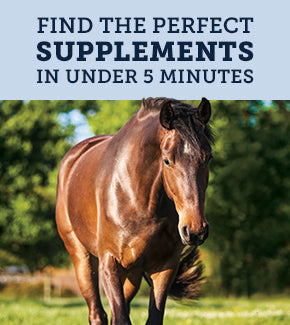Let’s Tame Horse Allergies!
Horses can have allergies the same as people can. An allergy is an abnormal reaction to allergens, or foreign substances, by an immune system that has become oversensitive. There are various ways to tame allergies in horses. Firstly, finding the cause is key in prevention and management. Horse allergies can show up in many different ways but the two most common is through the skin or respiratory system.
Skin Allergies and Issues
The most common horse allergy is hives. Hives can appear around the neck and shoulders and then move over the rest of the body. Hives aren’t usually itchy but insect bites make for very itchy areas and you may notice your horse rubbing up against a structure to itch himself.
Horse Allergy Causes
There are many causes of allergic skin reactions in horses. Allergy triggers like seasonal pollens, dust, mold – and bedding or maybe something topical that was used- can all show up as skin reactions. Vaccinations, and of course, insect bites are also very common causes of skin reactions.
Allergies In Horses Prevention
If your horse is allergic to insect bites, the best way to prevent this is to try and get rid of the insects. Using sticky insect traps, sprays, and other insect control around your barn is helpful to keep insects off your horse. Our Bug Repel Bundle is helpful in keeping insects at bay around boarding facilities and off your horse.
Allergy Management
Hives sometimes go away on their own. Sometimes even just a bath to rid your horse’s coat of pollens will do the trick. But, for more severe cases, your horse will need intervention. Helping your horse’s liver maintain normal histamine levels is key in the management of allergies. If you’re looking for something to support the normal detoxification process, assist the body in combating environmental pollutants, and clear up hives, look to our #27 Liver Support.
Respiratory Allergies
If you’ve noticed your horse coughing, sneezing, or wheezing without any nasal discharge, he may have a respiratory allergy.
Horse Respiratory Causes
Dusty, moldy hay or bedding, and pollens in pastures and in the air can cause horse allergies. Your horse’s immune system can be affected when they’re confined to a small indoor area. Breathing in dust and excrement odors in their surroundings can cause respiratory allergies to occur.
Respiratory Prevention and Management
There are various ways allergies in horses can be prevented and managed. Avoiding dusty feeds like hay and grains is a good start. Always check hay for irritants like mildew. Also, changing bedding to shavings or shredded paper can be helpful. Lastly, make sure your horse has plenty of fresh air. Further intervention may be needed if your horse still can’t stay healthy. Again, a natural herbal supplement such as our #27 Liver Support is beneficial in helping the liver to filter toxins and begin the process of flushing horse allergies from the body. Also, used in conjunction with our #22 Respiratory Support, your horse will be at an advantage by giving him a natural boost required for normal respiratory function. Lastly, introducing omega-3 fatty acids like coconut oil and flaxseed oil will help reduce inflammation caused by allergies. Our Omega Stride Oil is beneficial for both respiratory allergies as well as skin issues.
Our Seasonal Discomfort Bundle includes everything your horse needs to be at their best all year-round. Immune Support for Horses helps your horse comfortably expel and evacuate substances from the body, meaning your horse will be in peak shape and ready to perform. A horse’s liver is key for helping filter and flush harmful toxins from their body. Liver Support for Horses helps horses easily and comfortably rid their bodies of harmful waste.
How Do You Diagnose Allergies in Horses?
Diagnosing allergies in horses can be challenging since the symptoms can mimic other health issues. If you suspect that your horse has allergies, it's essential to consult a competent professional for a proper diagnosis. Your vet may perform allergy testing to determine what specific allergens are causing your horse's symptoms. This can involve skin testing or blood tests to identify the allergens triggering the reactions. Keeping a detailed log of your horse's symptoms and any changes in their environment can also help your vet pinpoint the source of the allergies.
How Do You Treat a Horse with Allergies?
Treating allergies in horses involves a multi-faceted approach that may include environmental changes,supplements, and lifestyle modifications. Here are some tips on how to manage allergies in horses effectively:
1. Minimize exposure to allergens: Identify and minimize your horse's exposure to allergens that trigger their symptoms. For example, if pollen is a trigger, keep your horse indoors during peak pollen seasons and use fans or air purifiers to keep the air clean.
2. Dietary modifications: Some horses may have food allergies that can contribute to their symptoms. Work with your vet to determine if your horse's diet is causing allergic reactions and make necessary changes.
3. Bathing and grooming: Regular grooming and bathing can help remove allergens from your horse's coat and skin, reducing the likelihood of allergic reactions. Use hypoallergenic shampoos and grooming products to minimize irritation.
4. Supplement support: Some horse owners find that adding supplements such as omega-3 fatty acids or probiotics to their horse's diet can help improve their overall immune function and reduce allergic reactions.
How Do You Treat a Horse with a Runny Nose and Cough?
If your horse is experiencing a runny nose and cough, it's essential to consult with your vet to determine the underlying cause. These symptoms can indicate allergies, respiratory infections, or other health issues requiring prompt attention. Here are some tips on how to treat a horse with a runny nose and cough:
1. Veterinary evaluation: Have your vet thoroughly evaluate your horse to determine the cause of their symptoms. Your vet may recommend further testing, such as blood work or X-rays, to rule out any serious health issues.
2. Supplements: Depending on the cause of your horse's runny nose and cough, your vet may recommend supplements to support the horse's immune system and overall health.
3. Rest and hydration: Ensure that your horse gets plenty of rest and stays well-hydrated to support their immune system and aid in their recovery. Provide access to fresh water at all times and monitor their intake closely.
4. Environmental management: Keep your horse in a clean, well-ventilated environment to minimize exposure to respiratory irritants. Use fans or open windows to improve air circulation and reduce dust and allergens.
Bottom Line on Horse Allergies
Horse allergies can get worse over time when exposed repeatedly. By supporting horse allergies early on, you can minimize the effects they have on overall health. Discover relief for your horse allergies the natural way. Check out our products today!










